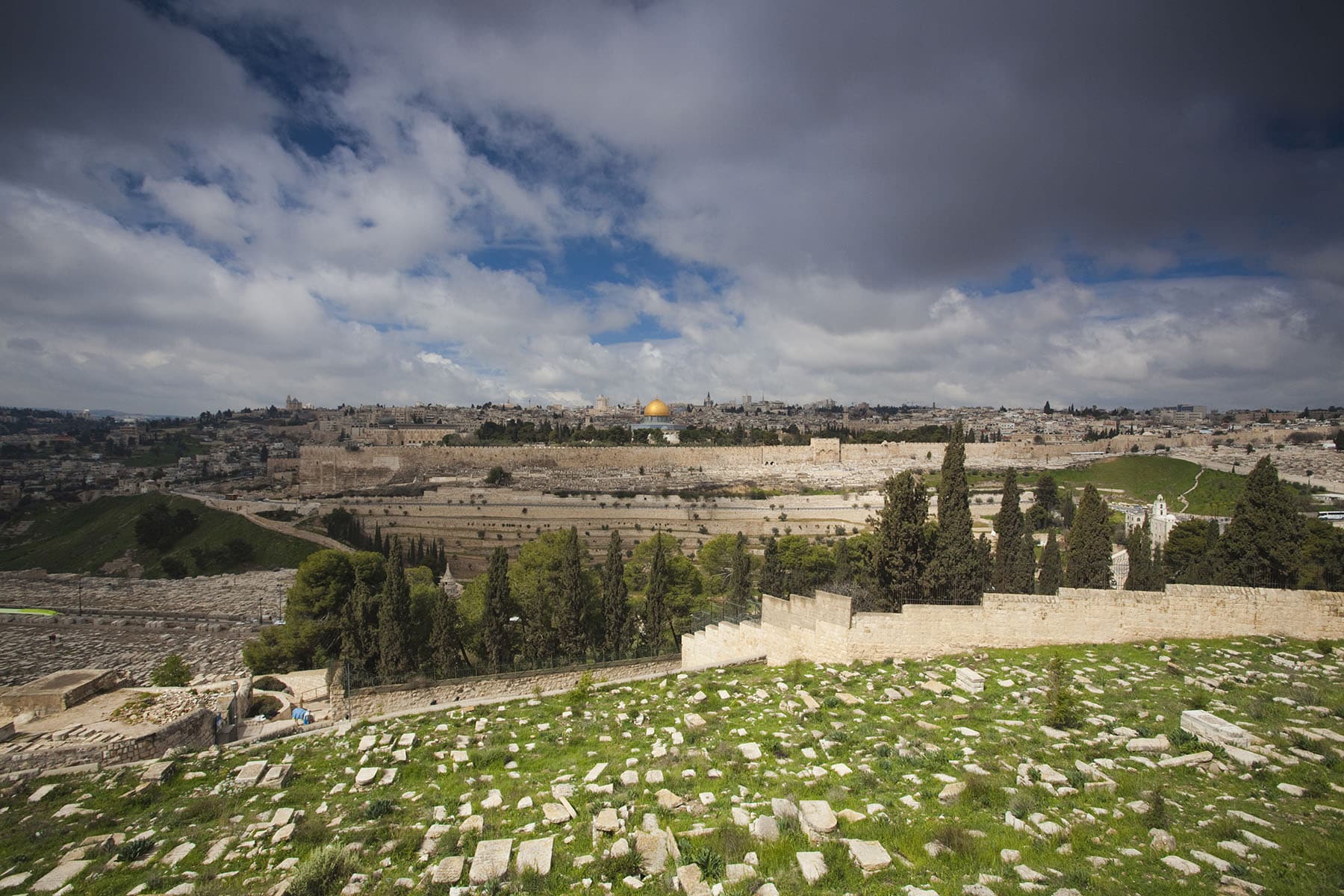
This is the eulogy that Rabbi Shmuley Boteach delivered May 27 for his father, Yoav Botach, on the Mount of Olives in Jerusalem, at a funeral service over which he presided.
It was nearly 26 years ago, also on a summer day, that my father called me from Israel to tell me the impossible news that the Lubavitcher Rebbe had died. I was living in Oxford, England at the time, serving as rabbi to the students, and was meant to travel to Israel that very day to visit my father in Jerusalem. The news shocked me to my core. The Rebbe was larger than life. He was going to usher in a Messianic era. He could not die. My plans changed immediately as I traveled to the Rebbe’s funeral in New York.
And now, more than a quarter of a century later, I have traveled in the right direction, to the Jewish homeland, but for another impossibly sad occasion, the funeral of my own father. And as with the Rebbe, I never believed this day would come.
My father, too, was larger than life. Always the most charismatic personality in the room, he was a force of nature, a magnet that drew everything to him, a planet that forced all that surrounded him into his orbit. He could neither be avoided nor ignored. Even as his health deteriorated over the last few months, his broken body always fought back and rallied in a way that had agnostic doctors using the words “miracle.” Even when the hospital told us on several occasions — including at the Passover seder — that we had to say goodbye as he had hours to live, he miraculously pulled through. Sickness and illness could never defeat him.
My father was a giant of a man, a business titan who bestrode the streets of Los Angeles like a colossus, a real estate genius with the charisma and good looks of a Hollywood star. My friend Kevin writing from Australia, summed it up best: Yoav was a legend.
His struggle never to quit and always prevail were his defining characteristics. Born in abject poverty as the second child in a family of 13 in Iran in 1932, he was selling carpets and fabrics in the markets of Isfahan — the ancient Persian capital – from the age of 10 to help support his brothers and sisters. Reaching out to aid his many siblings in every way possible would be an act he would continue for the rest of his life, along with charitable acts to complete strangers who approached him in dire straits.
He had only minimal schooling and was proud that he spent most of it not reading books but fighting anti-Semitic Muslim teachers and pupils, and organizing the Jewish children in Isfahan into street fighters. At a Shabbat dinner that I spent alone with him when I was 14 and living in a Los Angeles Yeshiva dorm, he regaled me with tales of the non-stop Jewish wars in Iran and proudly moved my hands over the battle scars in his scalp. “Feel here, under my hair, at the holes I still have from rocks that nearly cracked my skull,” he said with a huge grin. He would later show my children the same wounds. “They tried to break me with sticks and rocks,” he said, “but I’m the one who always beat them up.”
Always the most charismatic personality in the room, he was a force of nature, a magnet that drew everything to him, a planet that forced all that surrounded him into his orbit.
He was a Jewish lion, a mighty warrior, a living incarnation of his namesake, King David’s general-in-chief Yoav, instilling fear in all who would do harm to his people. He oozed Jewish pride from every pore of his being. David Suissa was one of the last non-family members to visit my father in the hospital. He told me after he met my father for the first time, “Your dad is the original Mesopotamian man. He has a powerful, leathery hand.” And yesterday, my former student at Oxford and now Los Angeles’ Mayor, Eric Garcetti, summed up my father beautifully in a text: “He was a heroic figure to me and I saw such a fire and a love in him. His memory is such a blessing to our city of Angels and to this world.”
This defiance of standing up, of being a proud Jew, ready to battle our people’s foes in every arena, constituted my father’s irreducible essence. Rarely has a man stood so straight. Rarely has a person walked so tall. Rarely has a Jew born in a Muslim country carried himself with such utter disregard for his hostile surroundings. To say that my father could not give a damn what anyone thought of him is to offer an unimpressive understatement. Once, when we flew from Los Angeles to Miami for a grandson’s bris, he pulled out a cooked duck with his bare hands and tore it apart, offering me a leg dripping in grease, oblivious to everyone staring at him. And why would he care? If they could not appreciate that a Jew only eats kosher, and if the airline forgot to board the meals we had ordered, that was their problem.
My grandfather Ezra, an ardent Zionist, moved his large brood to Israel where my father spent his late teenage years and met my mother Eleanor when she, as a young American tourist, asked a handsome local for the city’s best falafel in Beer Sheva. They married and began a family in Israel where my sister Sara was born, and, a few years later, moved to my mother’s native New York, where Bar Kochva was born, and to Los Angeles thereafter, where the twins, Chaim Moishe and Ateret, and then me, the youngest, followed.
My father arrived in America not speaking a word of English. He was sometimes looked down upon and degraded, with his dark, Middle Eastern complexion and the broken English of an immigrant. That he would go on to build a large business and out-maneuver those with the impeccable college degrees he lacked should surprise no-one. Few were as dedicated. Few worked harder. Few were as sharp.
My father rose at the crack of dawn every morning until he was felled by a catastrophic stroke last December on the night before Hanukkah. And over the next five months he waged a ferocious battle for life that electrified and astonished all who witnessed it.
He would often tell me stories of his work ethic. He drove from Los Angeles to the various swap meets and flea markets to feed his family. “I was so tired, I took the scissors that I used to cut the fabrics because I was falling asleep at the wheel. I started to poke my legs until blood flowed. But,” he said with his eyes open wide as saucers, “I didn’t miss the market.”
He never missed synagogue on any morning, either. In his last years, he would drag his broken frame day after day at 5 a.m. and put on his tefillin, eschewing the help of other worshippers that in his later years he was finally forced to accept.
He believed in strength. He never showed weakness. After his first stroke nearly a decade ago, he would become visibly upset with me and my siblings as he pushed his walker to shul. I would bend to help dislodge it from a crack in the sidewalk or the roots of a tree. I would put my arm out to help him climb the stairs. He would never accept. It might take three times as long, but he would get to the top on his own. He had made his way through life on his own two feet, and his struggle to survive became symbolically solitary in the last weeks as the COVID-19 pandemic closed the hospitals to visitors and we children who were at his side were reduced to watching him on an iPad until he came home to my sisters’ care for a final 10 days.
Death to him was a curse, an aberration never to be discussed, an unacceptable tear in the glorious tapestry of nature – “the green” as he called it – whose pristine beauty he loved so much. In his hospital bed at Cedars-Sinai, he would hold my hand so utterly tight. He held on for life itself as he entered his final battle, attended with unequaled care by my sisters Sara and Ateret who never left his side, my brother Bar Kochva, and my brother Chaim who crossed the country from Miami constantly to visit his sick father.
I was moved to my core when, on the last Shabbat that we spent together, he struggled in semi-consciousness to move his unresponsive body and even to breathe. He grabbed my hand, first with his almost useless left arm, and then, moving his entire frame, with his right hand as well, seizing me with a ferocious grip. My wife, Debbie, stood by watching with tears in her eyes as I sang to him the melodies of Havdallah that he so loved.
He adored Debbie ever since I brought her from Australia to obtain his blessing for our marriage 32 years ago. Characteristically, he stared her down. “Where do you want to live?” Debbie, not missing a beat, replied, “Wherever Shmuley wants to live.” And he lit up like a Hanukkah menorah, as Debbie passed his test. “Uuuhooo,” he laughed, giving us his blessing, knowing that he had successfully teased this Ashkenazi woman about being the perfect Persian wife.
Such displays of love and tenderness were not foreign. My father had tremendous sensitivity to those in need. At the end of a long summer fast day in Los Angeles, when I was driving home from synagogue with him to eat our meal, we saw a confused, elderly woman in the middle of the street, nearly killed by passing cars. My father picked her up, saw the address of her nursing home and drove her there, all while his famished teenage son prayed that he would just leave her so we could eat. The owner of the nursing home told my father to butt out. “It’s none of your business.” “None of my business?,” my father hollered. “If ever I come back and see this woman in danger, I will teach you a lesson about respecting the elderly that you will never forget.”
My father loved music and loved to sing. Every Friday night he raised his voice to God like an ancient Hebrew prophet. He made the words of the Bible come to life and elongated the pronouncement of every syllable, doing impossible musical summersaults with his vocal cords.
Shabbat was especially dear to him. He loved going to synagogue and loved having his children and grandchildren around him singing at the Sabbath table. At family celebrations, he would suddenly stand in the middle of the guests and cry out in lyrical praise to the Creator. As I was conducting my daughter Shaina’s wedding, he rose under the chupah, in the middle of the ceremony, and began to sing the eternal words of the prophet Isaiah: “And Kings and queens will serve you and care for all your needs. They will bow to the earth before you and lick the dust from your feet. Then you will know that I am the Lord. Those who trust in me will never be put to shame.” As he did so, he swung his hips into a Middle Eastern belly dance, scandalizing the serious, black-clad, Chasidic crowd who looked at him in shock. He gave a mischievous laugh and twisted his waist again. He loved every minute of it. And so did I.
This defiance of standing up, of being a proud Jew, ready to battle our people’s foes in every arena, constituted my father’s irreducible essence. Rarely has a man stood so straight. Rarely has a person walked so tall.
When hundreds of thousands of Iranian Jews began fleeing Khomeini’s brutal regime in 1979, my father was already an established Los Angeles business figure. He saw it as providential that he had come to L.A. some 15 years earlier so that he could assist so many Iranian refugees and get them back on their feet. He became a patriarch to the Iranian Jewish community and is respected as such till today. Around1980, I was with him in downtown Los Angeles when he took an Iranian immigrant to a meeting to try and help him close on a business. My father told the cynical American owner who listened half-heartedly to the refugee’s business pitch, “He may have nothing now, but in Iran this man had a huge business. Big. Like an elephant,” almost screaming the last word as he so hated seeing people’s dignity compromised.
A man as large as my father was never going to be a saint and would have been a bore had he not also possessed the flaws that accompany men of biblical proportions. He could be stubborn, uncompromising, and, as a son who loved him and always sought his approval, at times distant. After my parents’ divorce, I grew up on the other side of America and missed him every moment. When he visited he could see my pain and I once heard him tell his brother Shlomo that he thought that I, as the family’s youngest, was especially wounded by the divorce. And that is how I felt too.
Which is why no global pandemic, no world-wide malady, was ever going to stop me or my beloved siblings who are here with me, from burying our father in the city that he loved so much, Jerusalem, and where he wished to live in his last years, as did his mother, Eshrat, to whom he was especially devoted. And we are joined today by my children Chana and Mendy, who also made the trip from the United States during the pandemic, and my nephew Aaron, all three of whom my father took such pride in as they served as soldiers in the IDF.
It would be the will of God that my father would not ultimately inhabit the home that he bought at the foot of the Old City. But interred here as he is at Judaism’s holiest burial site on the Mount of Olives, just steps away from his great hero Menachem Begin, and the founder of the modern Hebrew tongue, Eliezer Ben Yehuda, my father has finally come home. He will now be, as Jewish tradition maintains, the first to greet the Messiah and the first to rise in the resurrection of the dead.
In the same way that my father always kept his faithfulness to God, I know that the Creator will likewise fulfill his promise to his people, spoken through Isaiah, that in the end of days “Death shall be swallowed forever,” and through Daniel, that “Multitudes who sleep in the dust of the earth will wake again.”
And at that time I will be reunited with my Rebbe and with my father, both of whom died on a Saturday night just as the holy Sabbath went out, making a world without them a little bit darker, and a world into which they will eventually re-awaken shine with particles of everlasting light.
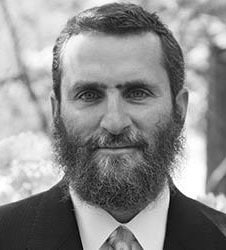







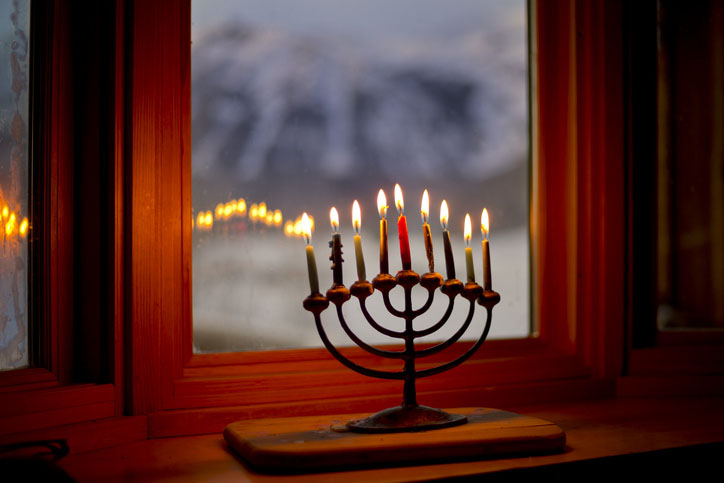
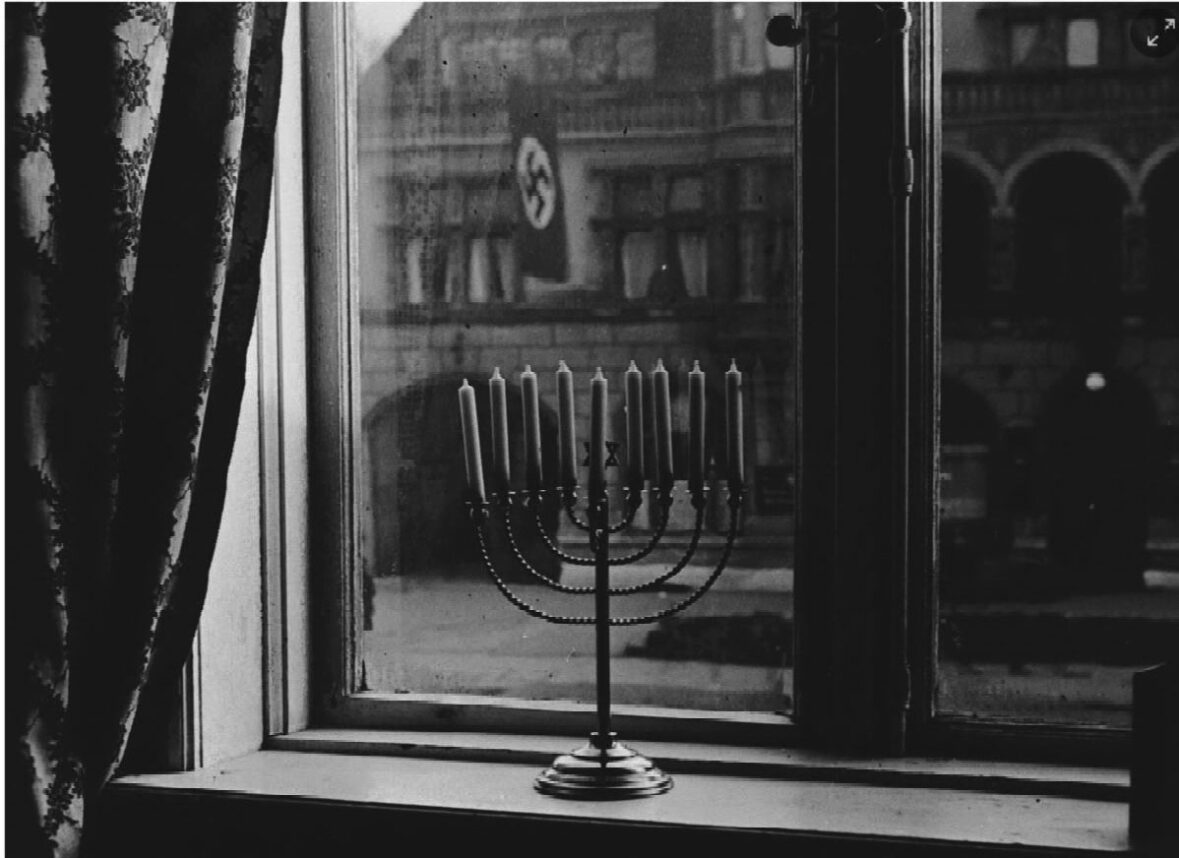
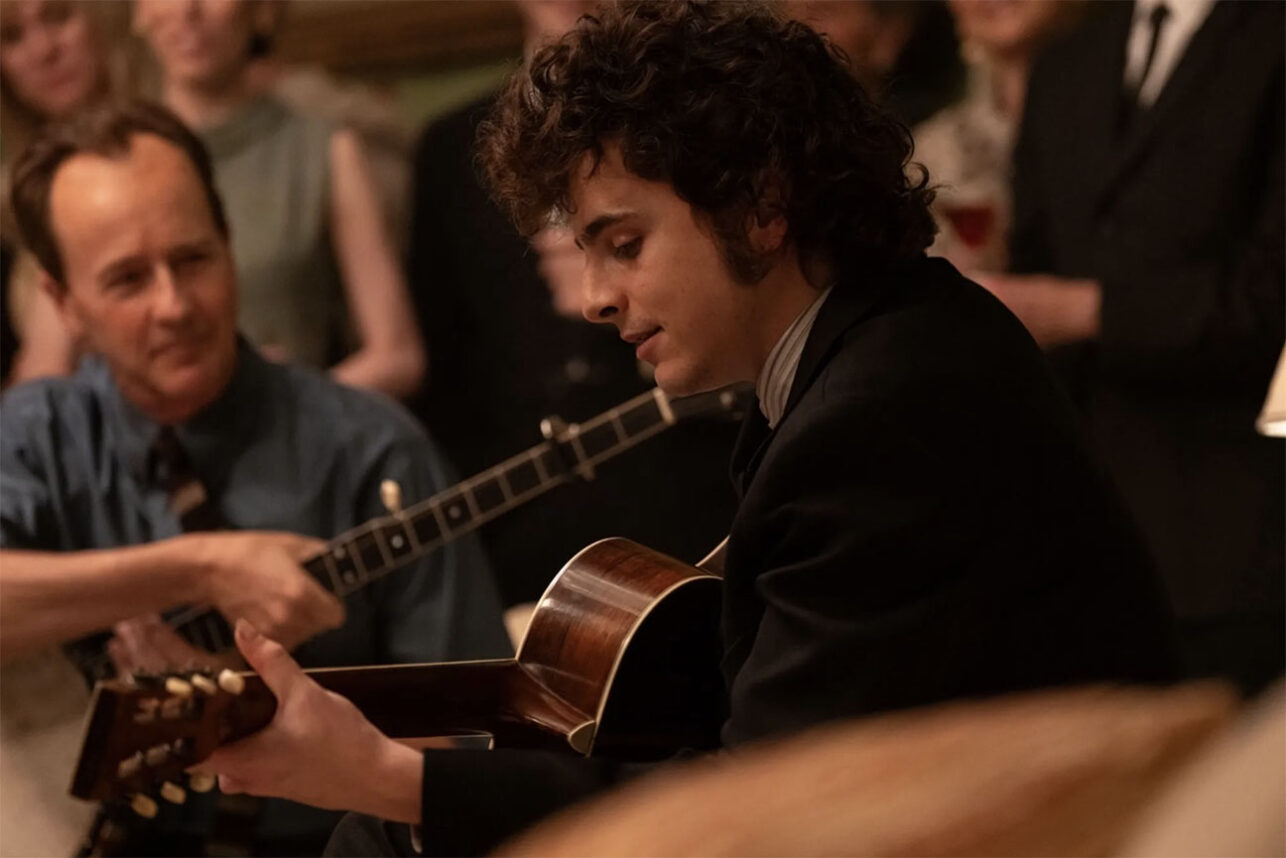
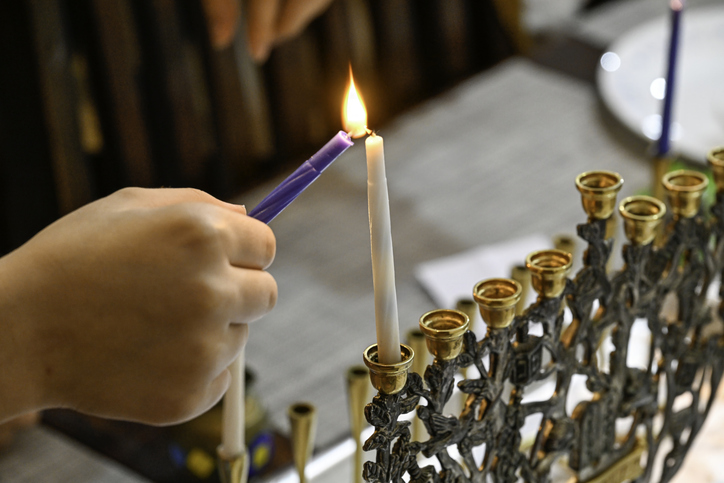
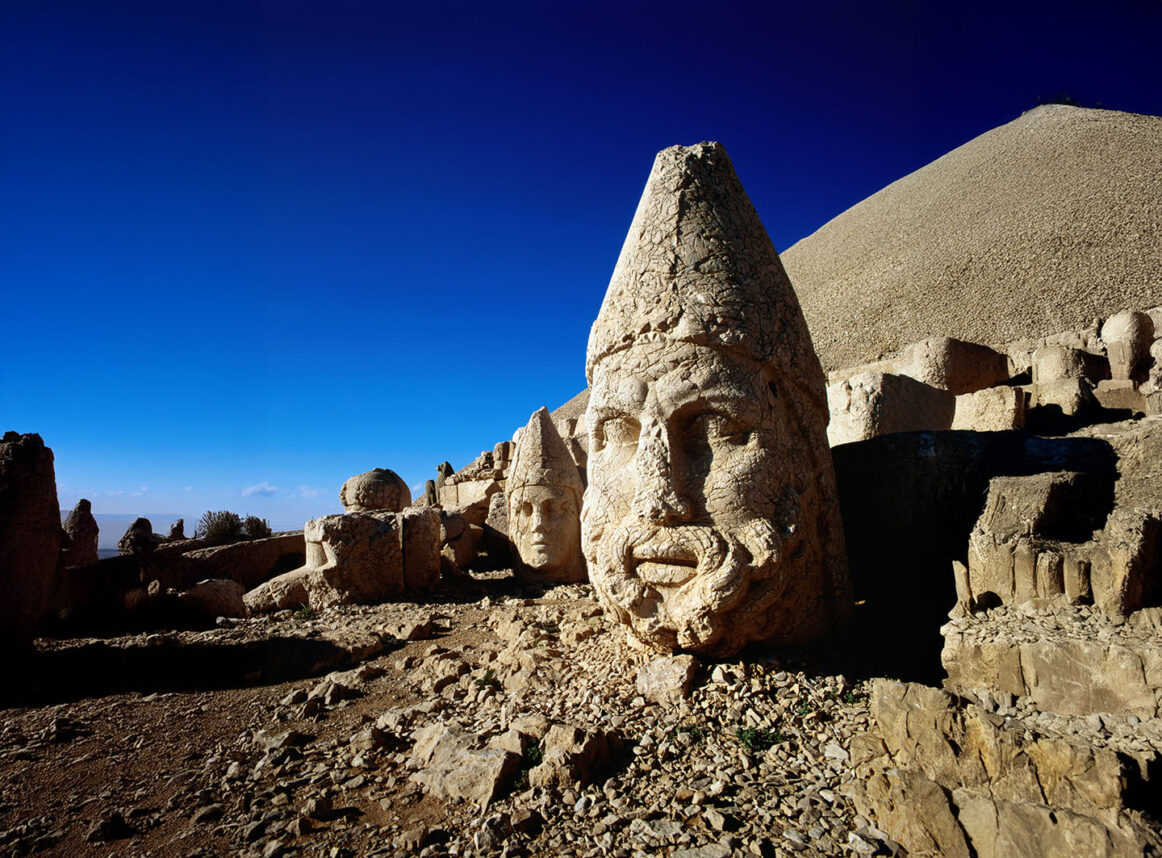
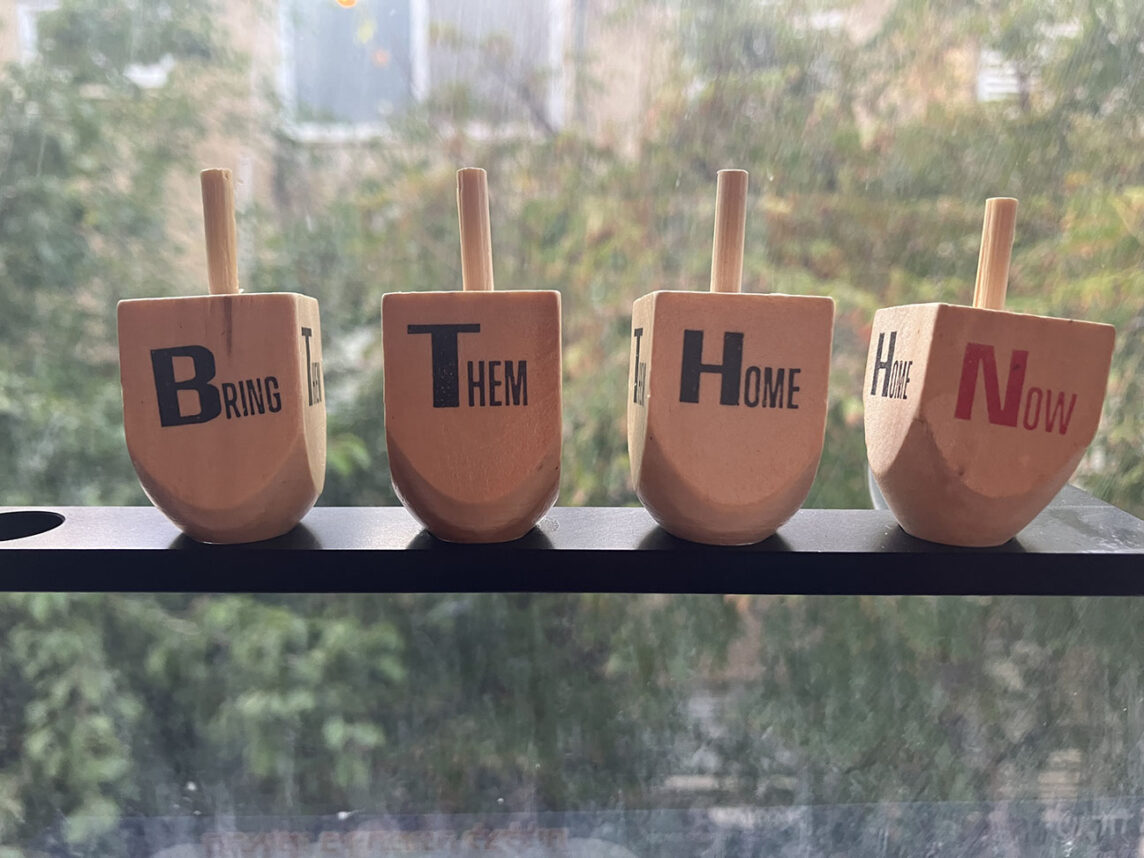
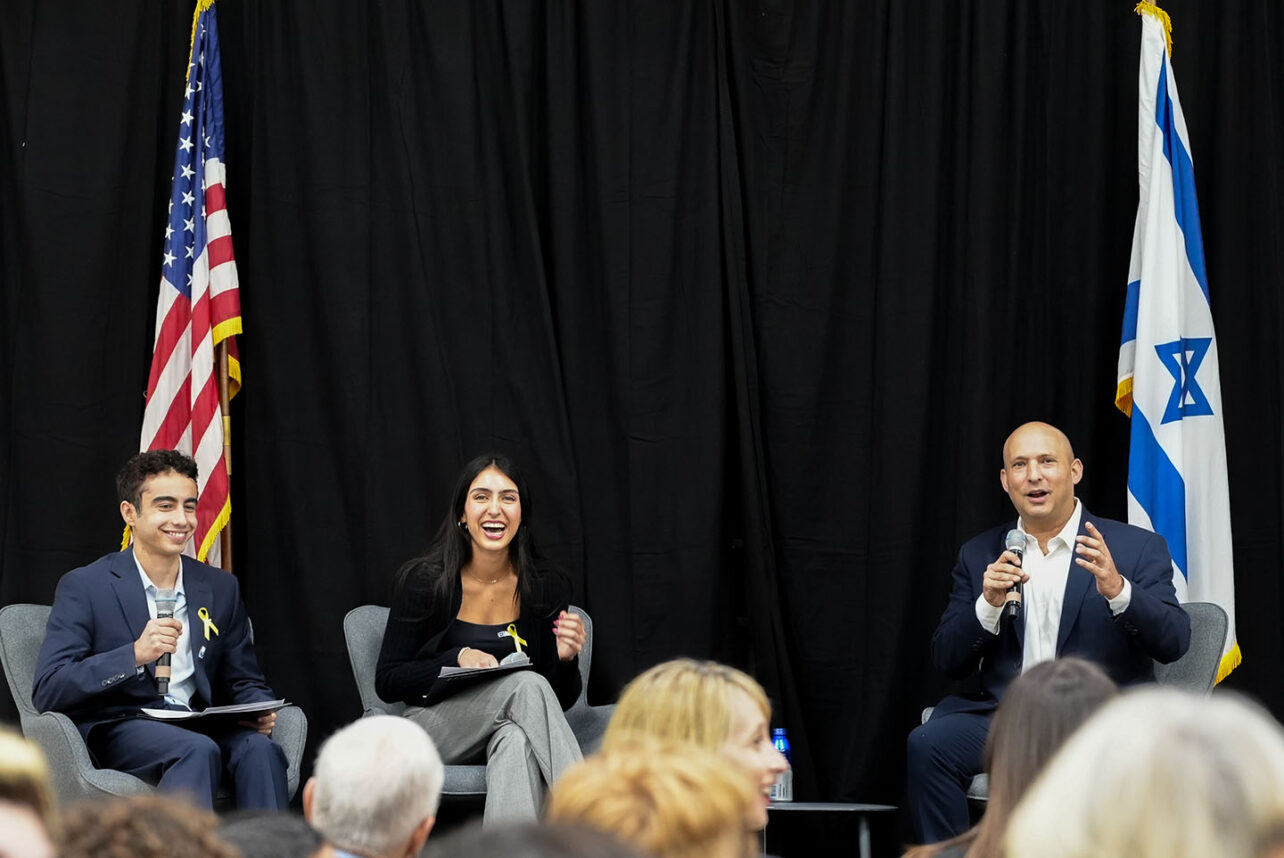
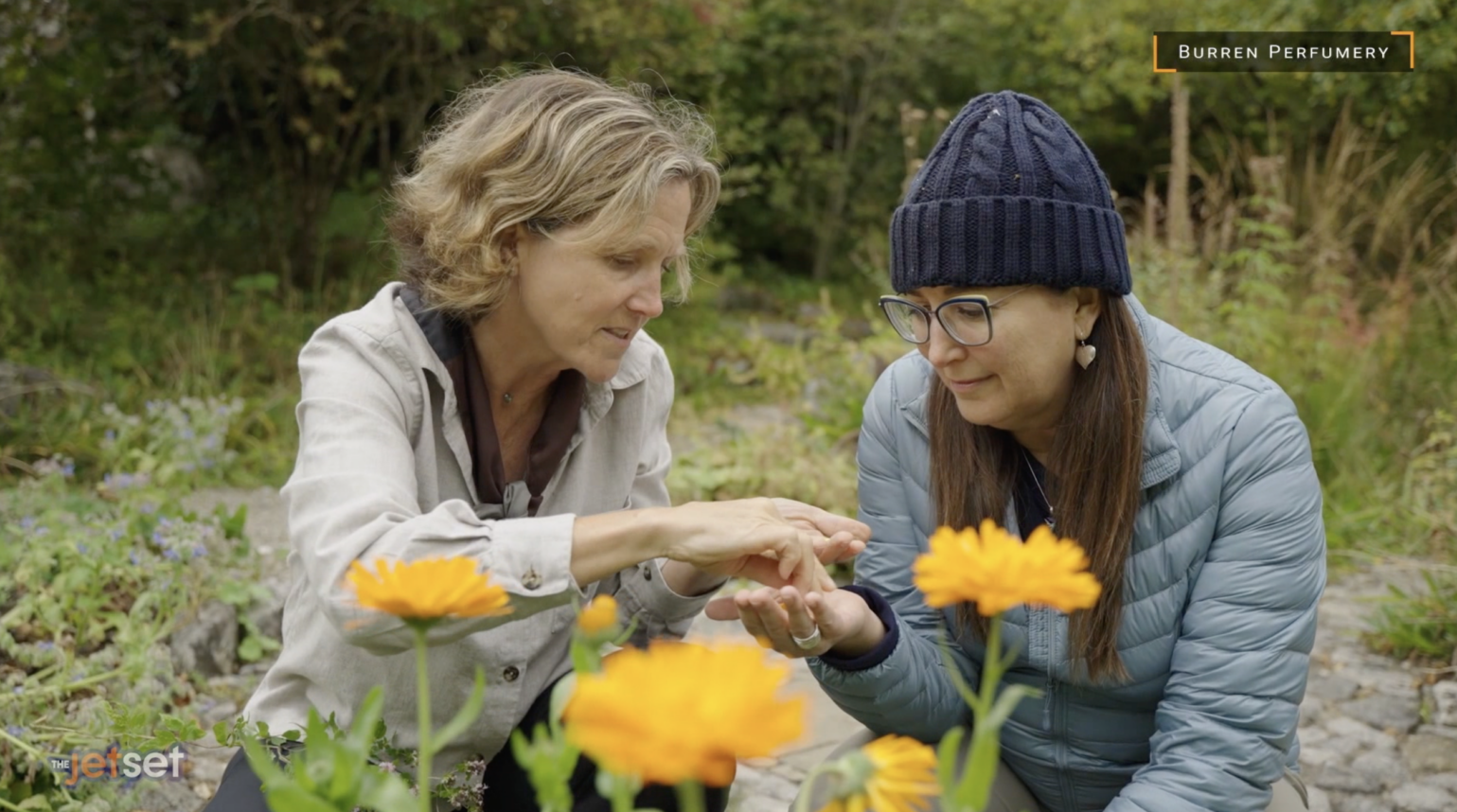
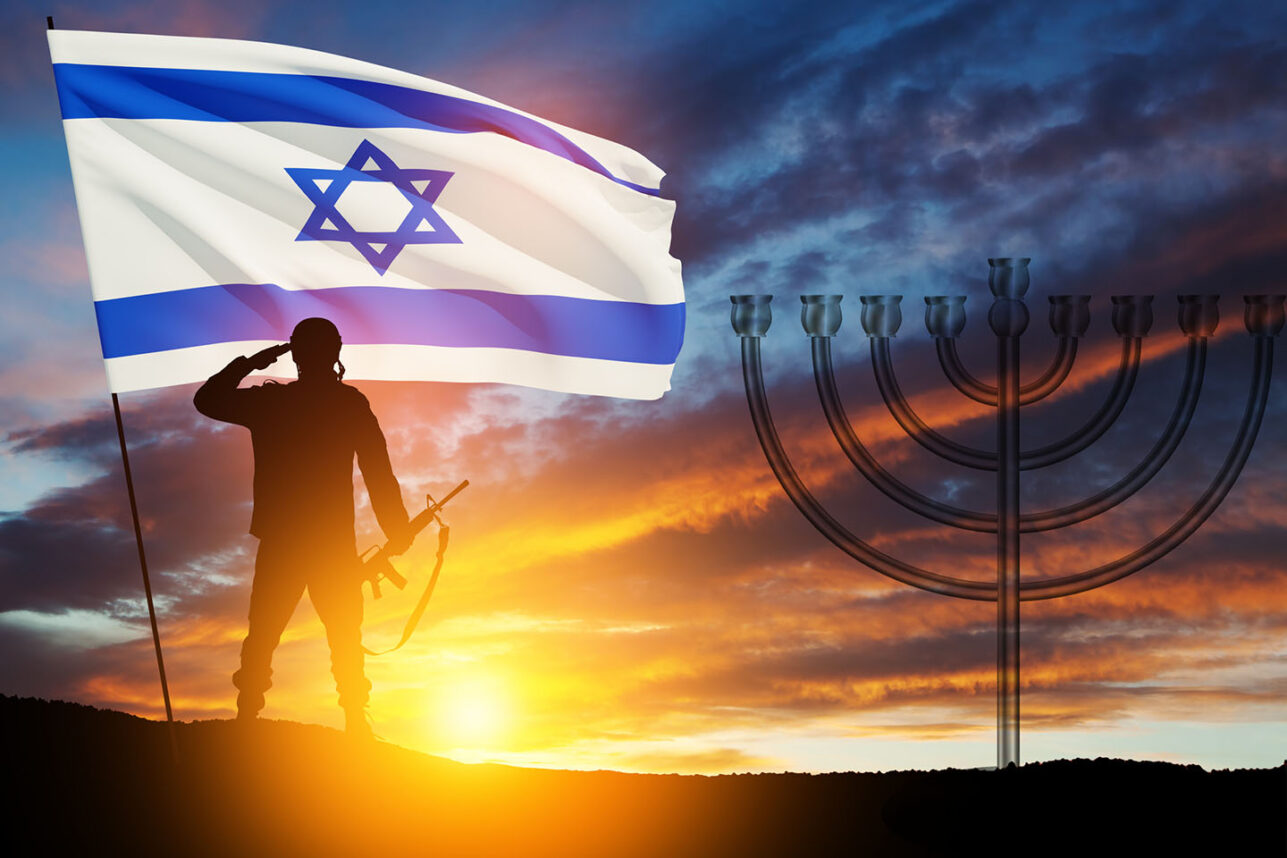





 More news and opinions than at a Shabbat dinner, right in your inbox.
More news and opinions than at a Shabbat dinner, right in your inbox.